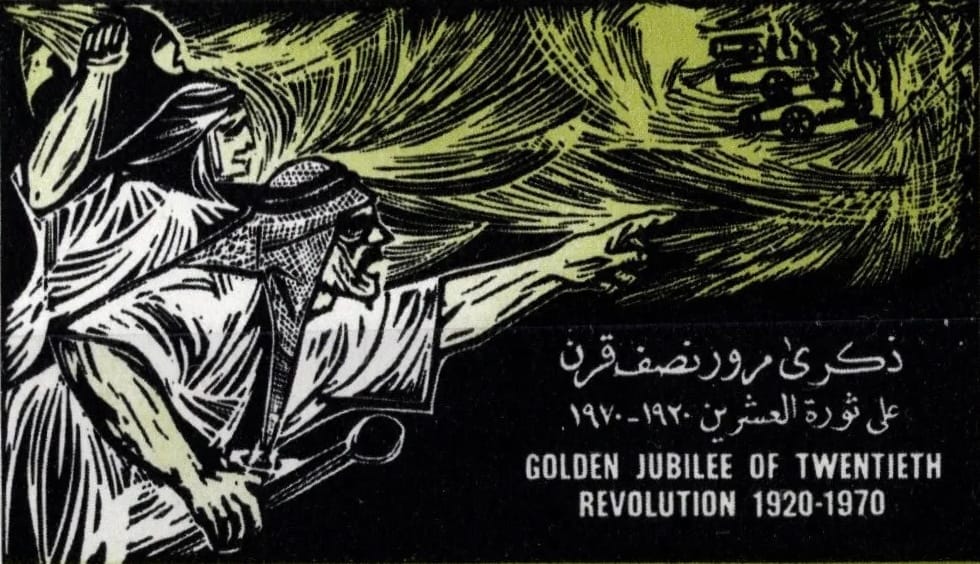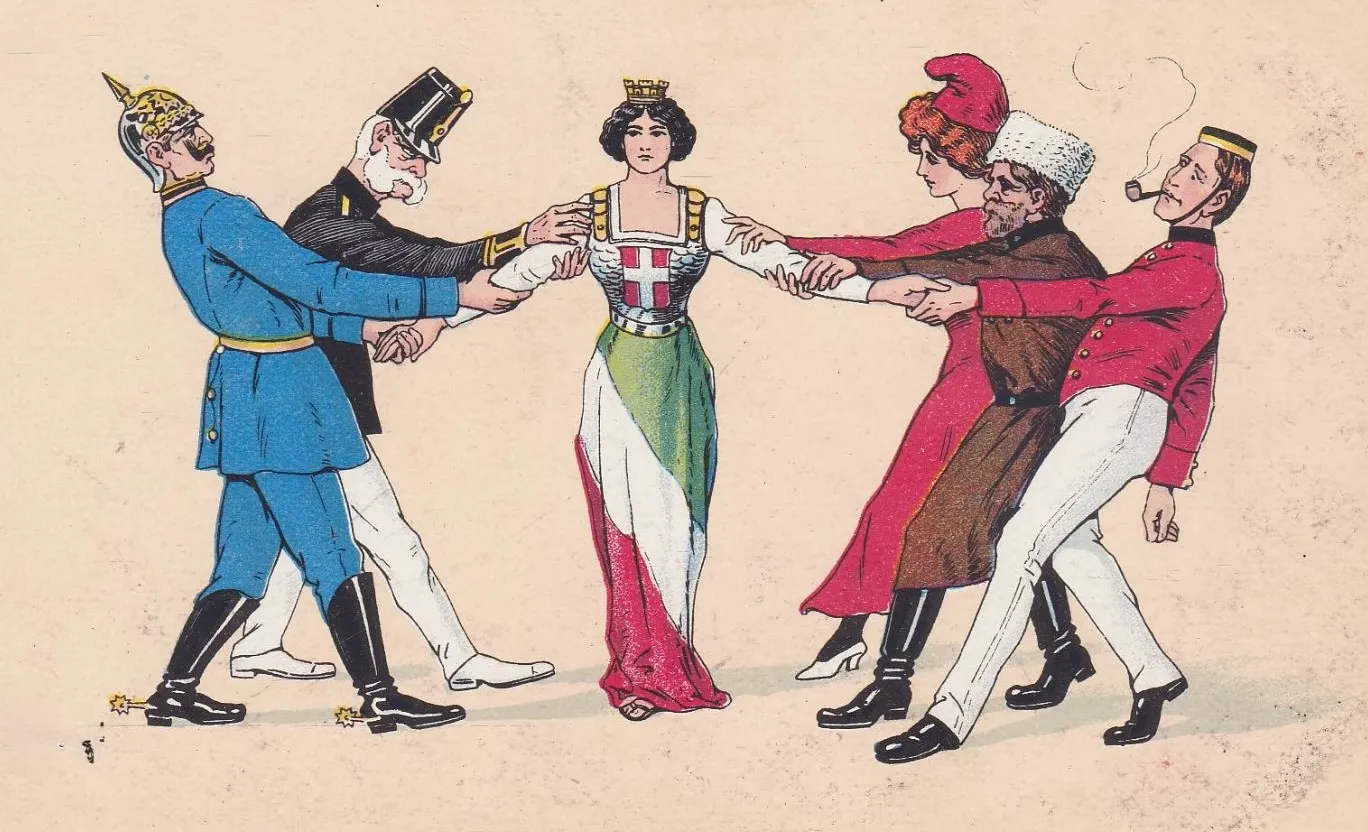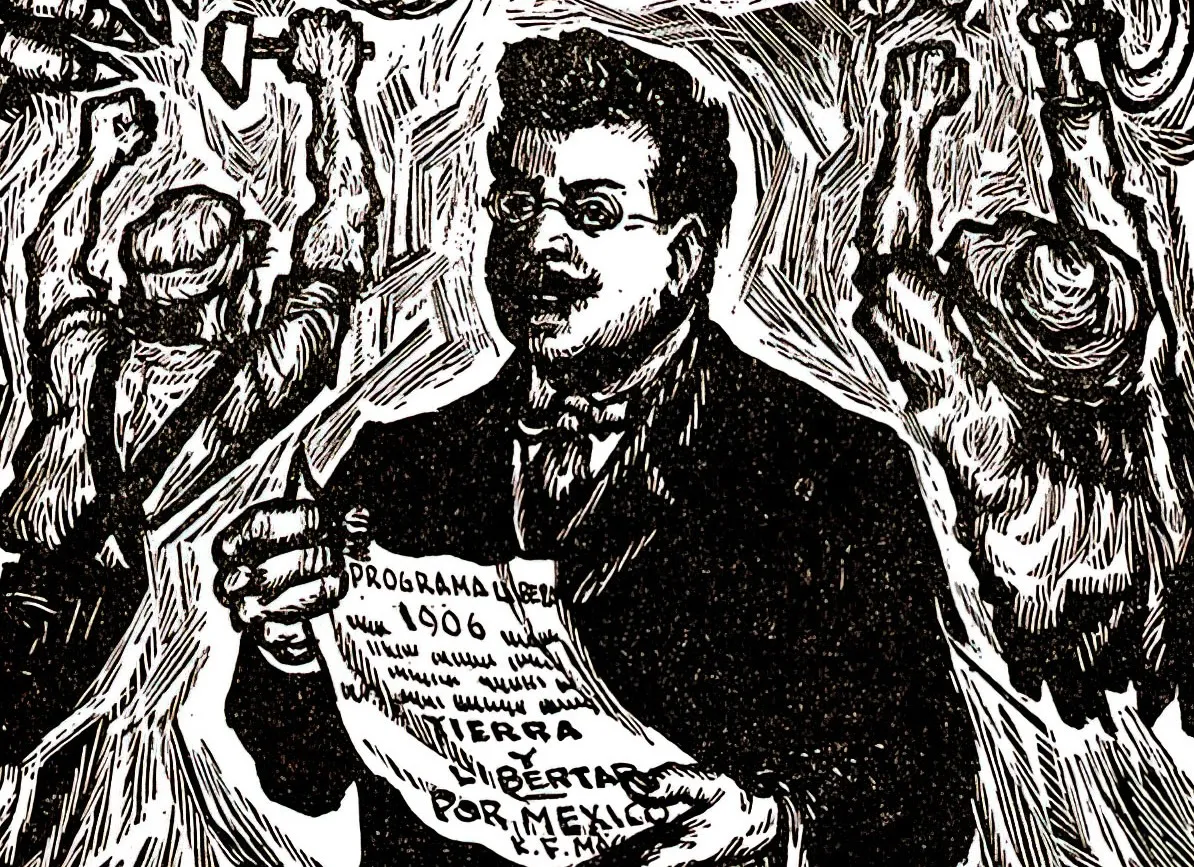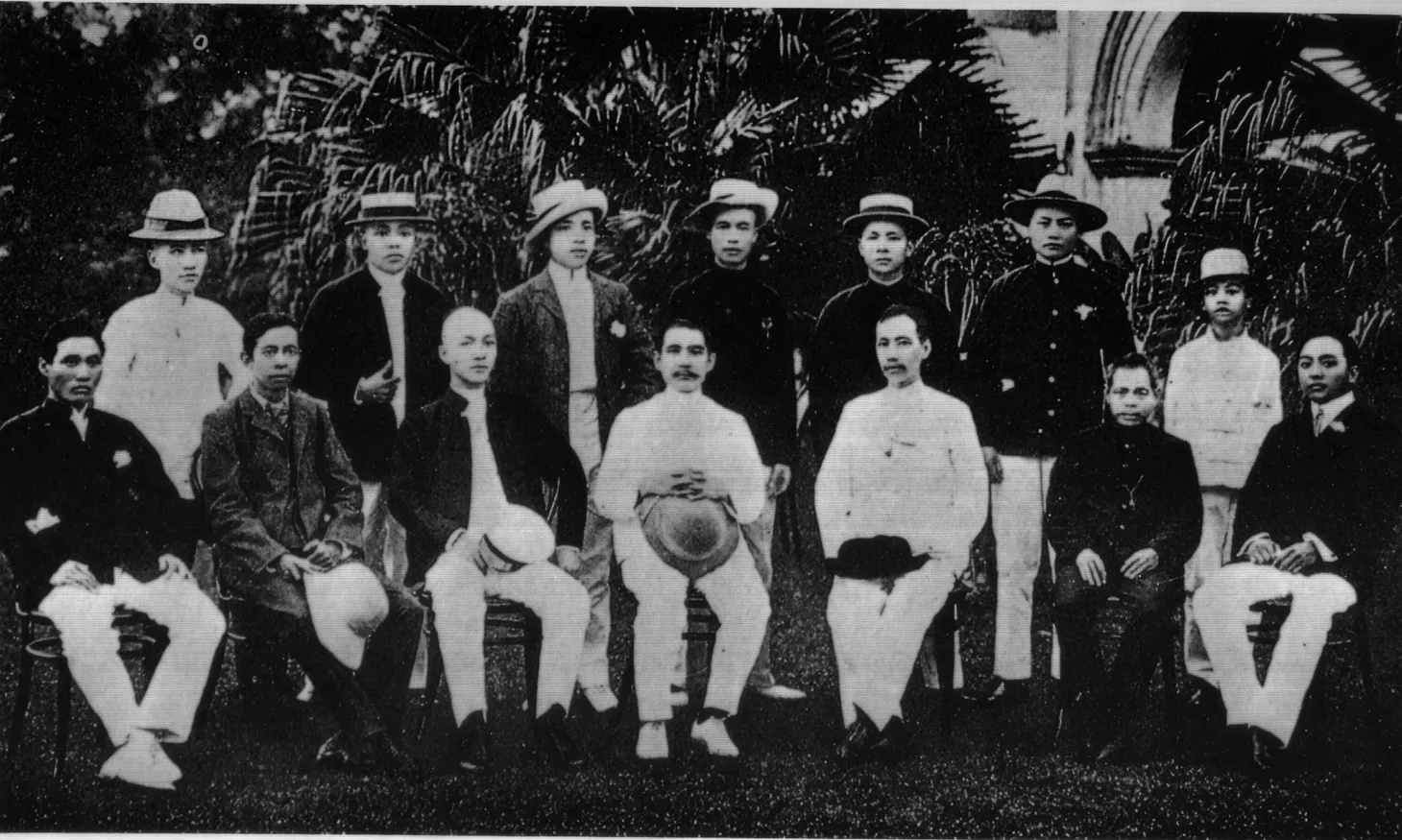“The World Will Be Reconstructed”: Four Visions of Anticolonialism in 1920
Discussion of how to teach the various anticolonial strategies of 1920.

In the previous post, I discussed how colonized people worldwide invoked the principle of self-determination as they pushed for the end of imperialism in 1919. Despite the unwillingness of Europeans to listen to the demands for self-determination and the limited success of those anticolonial protests, it did not dampen people’s desire to win their independence. Instead, the fight to end empire accelerated in 1920.
Even though colonized peoples saw their struggles as connected, they adopted various strategies to win their independence. While some colonized peoples continued petitioning for rights and revolting against European rule, others looked to peaceful resistance or working with communists. By highlighting the different ways colonized people worked to end empire, students can better understand anticolonialism as a global movement.
Petitioning for Rights in West Africa
This content is for Paid Members
Unlock full access to Liberating Narratives and see the entire library of members-only content.
SubscribeAlready have an account? Log in



